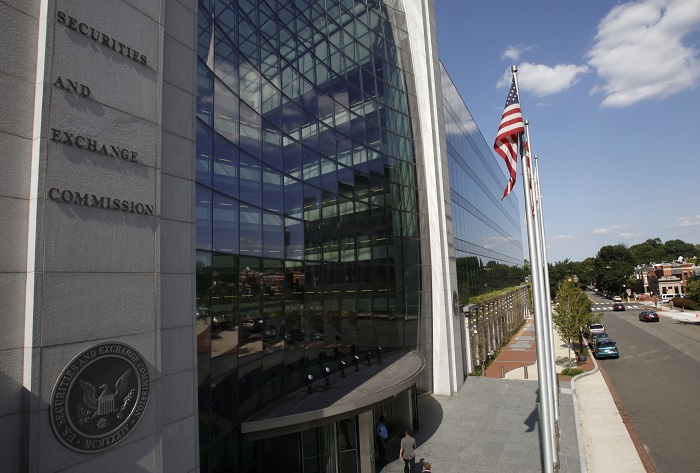The regulatory changes are seen as a direct response to the 2008 depression when Reserve Primary Fund broke the buck or fell below $1 due to losses it incurred on Lehman Brothers debt, which triggered huge redemptions and a government intervention to stem the bleeding. The SEC hopes that the new rules will diminish the chance of a repeat run on the money.
Needless to say, some may not find these changes too appealing and could move billions of dollars out of these private credit markets in response. For instance, according to the Investment Company Institute data, prime funds have already seen assets decline to $967 billion from $1.3 trillion in March, and institutional tax-exempt funds now hold about $44 billion from $60 billion in Mach.
SEE MORE: New SEC Rule Could Allow More Orderly ETF Trades in Volatile Open
However, the new regulatory rules may be a boon for bond ETFs as a cash alternative. Investors who are seeking money fund substitutes may look to actively managed, ultra-short duration bond ETFs that are more free to adapt holdings in a shifting market environment.
For example, the PIMCO Enhanced Short Maturity ETF (NYSEArca: MINT) has a 1.12% 30-day SEC yield and a 0.28 year duration. The Guggenheim Enhanced Short Duration Bond (NYSEArca: GSY) has a 1.16% 30-day SEC yield and a 0.25 year duration. The SPDR SSgA Ultra Short Term Bond ETF (NYSEArca: ULST) has a 0.96% 30-day SEC yield and a 0.31 year duration. The iShares Short Maturity Bond ETF(NYSEArca: NEAR) has a 1.15% 30-day SEC yield and a 0.41 year duration.
Potential investors should be aware that these active ultra-short-term bond ETFs include corporate debt exposure with some lower quality investment-grade debt exposure, which may have contributed to their relatively higher yields.
Additionally, investors can look at conservative short-duration Treasury bond ETFs, such as the iShares Short Treasury Bond ETF (NYSEArca: SHV), which has an effective duration of 0.41 years and 0.26% 30-day SEC yield, and the SPDR Barclays 1-3 Month T-Bill (NYSEArca: BIL), which has a 0.13 year duration and a 0.13% 30-day SEC yield.
